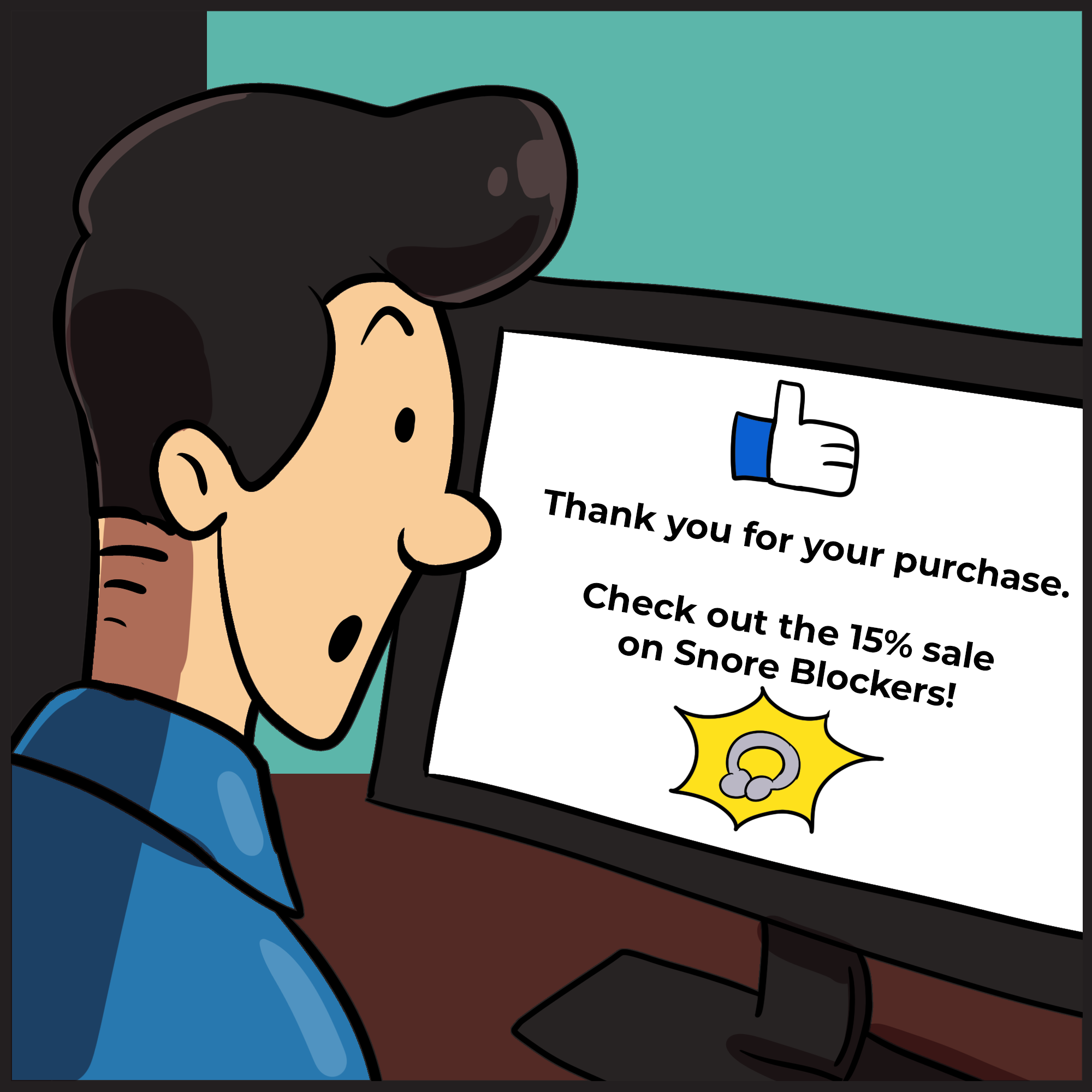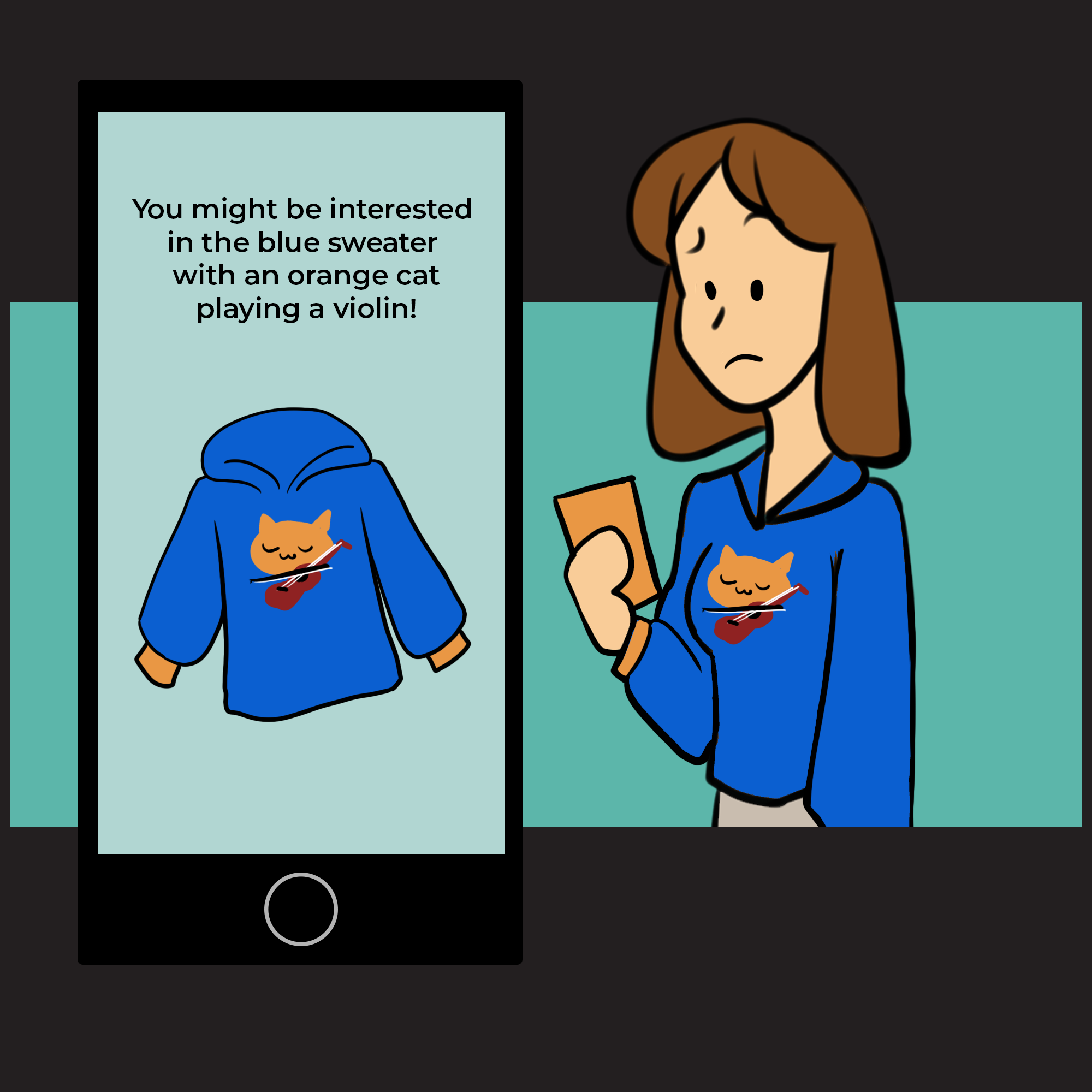Remaining a smart cookie
Cookies are why the internet knows you’ve taken up running as a hobby (insert ads on running shoes), or your sister is looking to adopt a new dog (cue to retarget you with ads on pet products).
Most websites use them to personalise content and ads to match your behaviour.
But with more and more internet users becoming tech-savvy, they understand they’ve been ‘targeted’, and they’re increasingly conscious of data collection and info-feeding.
Today, marketers have moved on to fancier ways of tracking, such as IP-tracking and ‘listening’ using the microphone function in apps.
Data Privacy vs Data Usage - dilemma or not?
Remember when a popular US-based supermarket chain connected the dots to figure out that a girl was pregnant even before even her parents knew about it?
The practice of aggregating data and connecting hidden dots to learn more about someone isn’t so much of a shock anymore - shows like ‘Social Dilemma’ have thrown enough light on this - but the discomfort when it comes to sharing data seems to be more about ‘how’ the mined data is being used, rather than about sharing it in the first place.
Digital Distancing
Despite viewing data tracking as invasive, intrusive and plain creepy, consumers continue to expect content that remains personalised.
But in their quest for creating relevant and hyper-targeted ad content, marketers are walking a tricky tightrope maintaining consumer privacy.
When it comes to data grab and sensitivity, where do we draw the line?
Tis’ the season for (spoilt) surprises
You browse, you place it in your cart, you checkout (or leave the item lying there) and log out.
What happens after that is a period of ad-stalking, or in marketing terms - Ad Retargeting.
We can understand why Ad Retargeting has earned the reputation of ‘Surprise Ruiner’. If you don’t want to ruin someone’s special day, then just remember to switch on your private browser each time or clear your cookies.
Making (missing) the mark
The rise of Retargeting has also brought about a surge in Ad Blocker downloads; not because online shoppers aren’t interested in highly relevant content, but because they are tired of having to ignore ads for items that they’re not interested in anymore, or for stuff they’ve already bought.
Brace yourself - tis’ the season for more such fun, unless marketers get smarter in identifying visitor intent and refrain from always tying action to sales.
Your thoughts?
Ask me again later
Guess who hates being interrupted. Everyone. And, unfortunately most pop-ups are designed to do just that.
Thankfully a good breed of marketers, albeit few and far between, have emerged today, who have figured out a way to keep pop-ups relevant, and relatively less annoying.
The key often lies in tracking mouse movements and systematically taking note of page scrolls. That way, helpful pop-ups that encourage interaction can be rolled out.
When clever intelligence is applied, brands can gain loyal subscribers and earn valuable trust.





